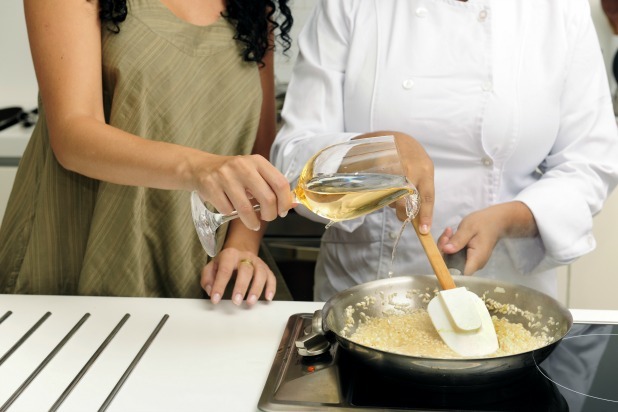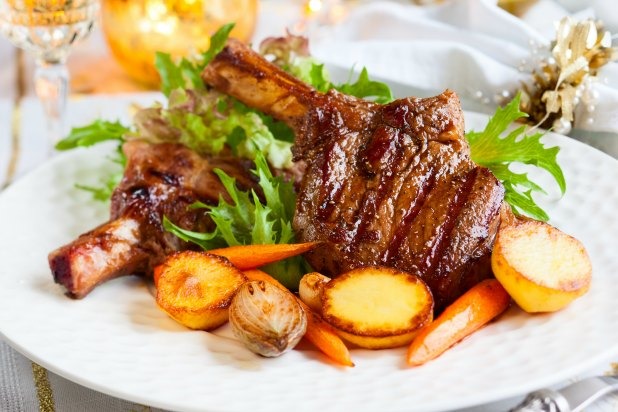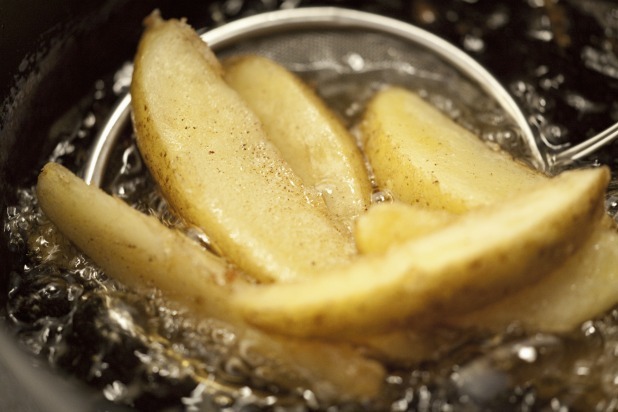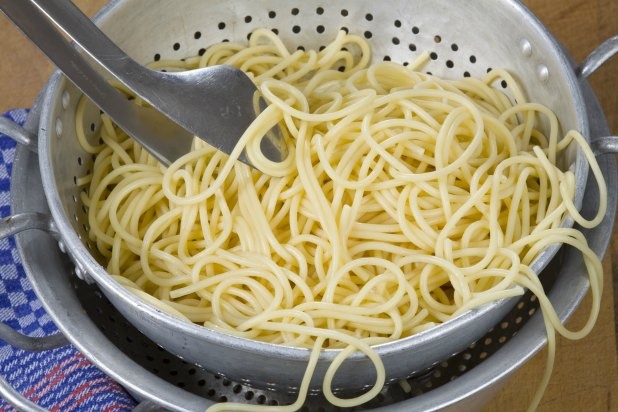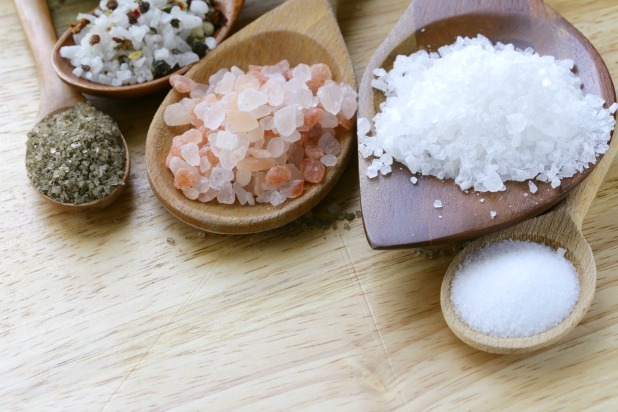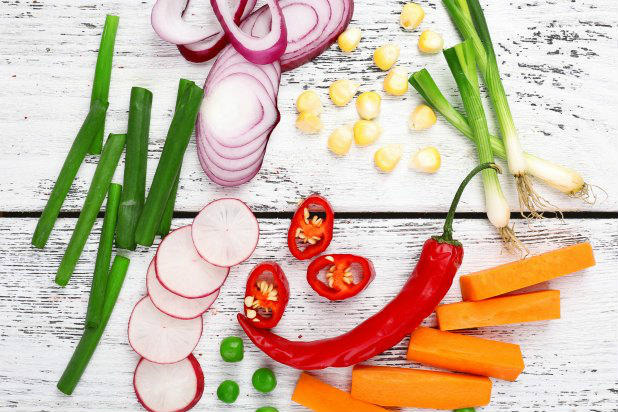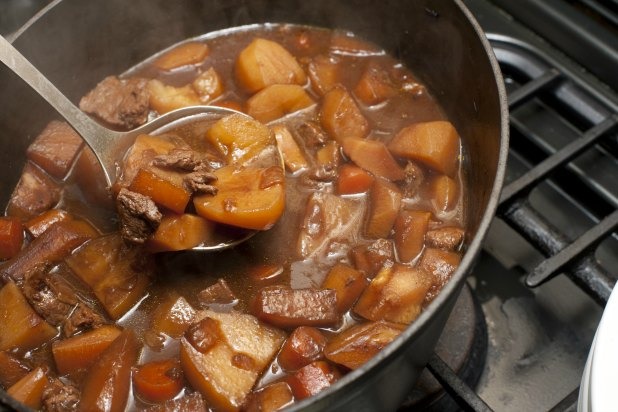Seared Meat Isn't Juicier And 7 Other Cooking Myths Busted (Slideshow)
Adding salt to a pot of water is a great idea if you want to season your food but not so smart if you want the water to boil quickly — salt actually increases the boiling temperature of water, which means it will take longer to come to a boil. The change is relatively insignificant so you won't notice a difference, but scientifically speaking, this myth is busted!
Alcohol is “Cooked Off”
Some of the alcohol is eliminated during the cooking process but, for things that have a short cook time — like a sauce simmered for 10 minutes — much of the alcohol remains.
Searing Meat “Locks In” Juices
We've all heard that searing meat at high temperatures creates a barrier that "locks in" the meat's natural juices. Surprisingly, this isn't true; the hotter meat gets, the drier it gets, searing included.
You Should Always Fry in Hot Oil
Though this bit of advice is almost true, you don't always need to fry in hot oil. In fact, French fries that are fried in cold oil (both the raw potatoes and the oil are brought to the correct frying temperature together) absorb less oil than those that are dropped in hot oil (due to the fact that this method requires you to fry the potatoes twice).
Boil Pasta in Excess Water
If you don't put pasta in a large pot of water with plenty of room to move around it gets sticky, right? Wrong. Pasta can be cooked in a smaller pot using just enough cold water for the pasta to absorb.
All Salts are Created Equal
If a recipe calls for a specific salt, use it — flaky kosher salts are as much as 50 percent less dense than table salt. If you have to substitute table salt, be sure to reduce the amount.
Raw Vegetables Are More Nutritious
This is another bit of advice that's not always true. There are a number of vitamins and minerals that are more completely absorbed from cooked food. The bottom line: there are significant health benefits to eating both raw and cooked vegetables.
Stewed or Braised Meat Stays Moist
Meat stays moist when it's cooked at low temperatures. If the temperature of your braise or stew climbs too high, the meat will dry out even though it's submerged in liquid.

